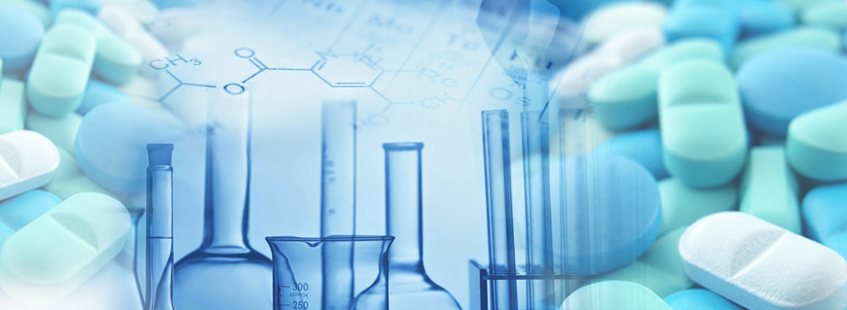
Through ZCON telehealth care, you can use video online consultation with pharmacist. We provide medication knowledge and education to help users improve the quality of using the drug. Whether at home or away from home, the user can enjoy the most timely, safe, high-quality pharmaceutical services and health management.
The users may have diseases but get no medical treatment or have no related diseases but using the drugs or have been taking unnecessary medications. There are problems need to be solved.
Be sure to use the right way, such as: oral, painting, suppositories, buccal, etc., or the frequency of daily dose. Poor assessment of drug selection will lead to treatment failure.
Dose exceeds the normal standard, repeated drug use, or allergies, it can cause harm to people.
People often have doubts about drug, the instructions of medication, type of medication , complex time of having drugs, forget to have medication, no taking medicine on time. These will result poor efficacy of medication.
All nutrient supply via central venous injection nutritional agents, such as gastrointestinal dysfunction, severe malnutrition, cancer patients and other users. Need to monitor blood levels of the drug when using specific drugs.